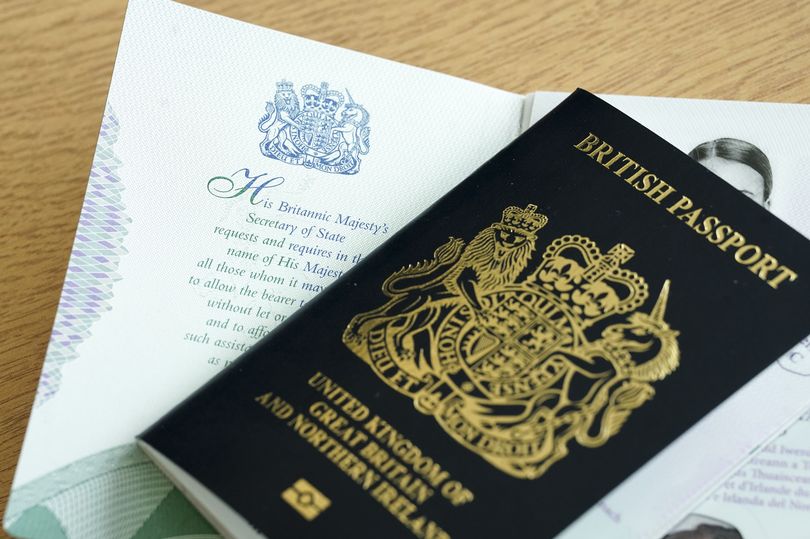The UK Government has announced an increase in passport application fees effective from today, 10 April 2025. The Home Office confirmed that this marks the first fee adjustment since February 2023, with adult applications made online rising from £88.50 to £94.50.
Under the revised fee structure:
• Standard online application (adult): £94.50
• Standard online application (child): £61.50
• Postal application (adult): £107
• Postal application (child): £74
• 1-Day Premium Service (adult): £222
• 1-Day Premium Service (child): £189
• Overseas standard application (adult, online): £108
• Overseas standard application (child, online): £70
According to the Home Office, the increase aims to ensure the passport service is fully funded by users and not reliant on general taxation. The revenue will help cover the cost of processing applications, enhancing security, and investing in digital systems.
Impact on Travellers and Overseas Citizens
The rise in fees is likely to impact British travellers, particularly families with children and frequent international flyers. British nationals residing abroad – such as in Hong Kong or Australia – will face higher overseas application costs, especially when using postal methods, which now cost up to £120.50.
Travel advisors recommend that those considering travel this year renew their passports early to avoid peak season delays and the increased cost.
A Boost to Public Finances?
While the increase may place a burden on individuals, analysts suggest it could marginally help the UK’s strained public finances. By shifting costs directly to users, the government reduces reliance on the central budget and redirects tax income to core services such as healthcare or education.
Public Reaction Mixed
Some have welcomed the rationale of the policy, seeing it as a fair user-pays approach. However, others argue it adds to the cost-of-living pressures already faced by British families, particularly at a time of rising inflation.




